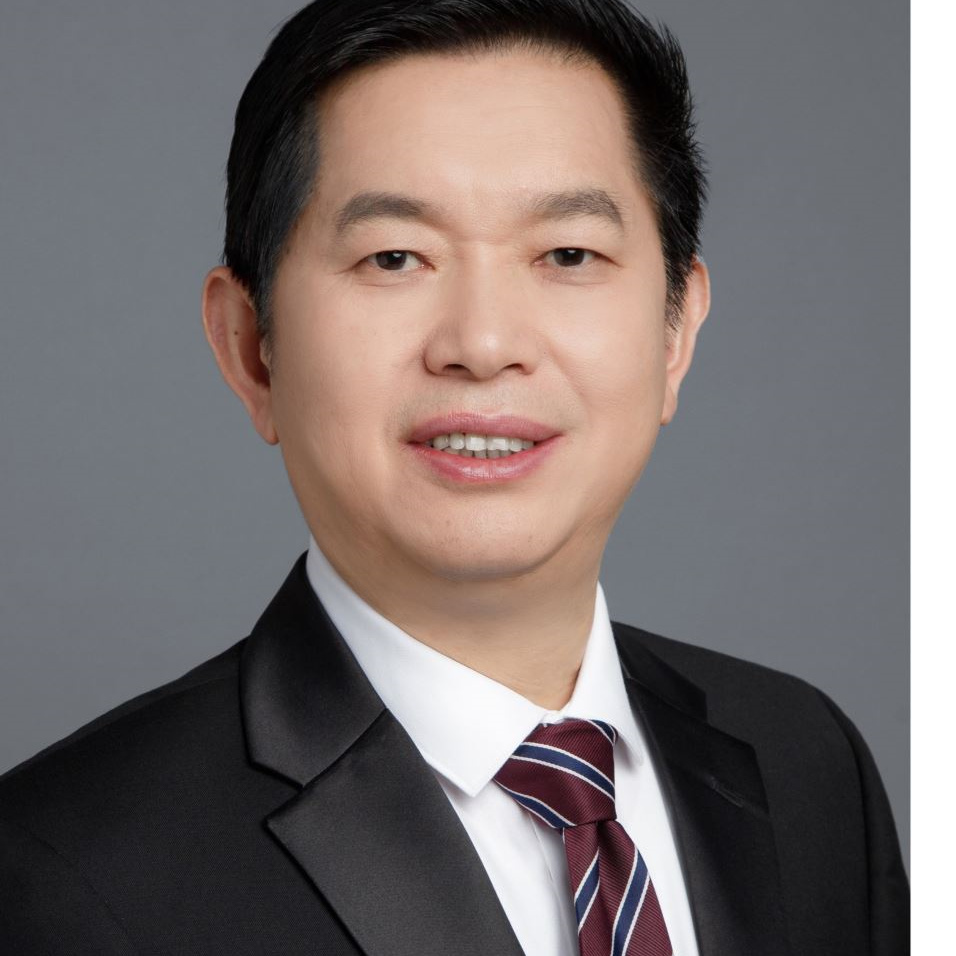Areas of Focus
- Developmental Genetics and Stem Cell Biology
Work Experience
- 2000-2009: Assistant Professor, Associate Professor, and Professor, Cincinnati Children's Hospital Medical Center
- 2009-2016: Researcher and Director of State Key Laboratory of Membrane Biology, Institute of Zoology, Chinese Academy of Sciences
- 2016-present: Professor, Dean of School of Life Sciences, Fudan University
Academic Background & Achievements
- 1980-1984: Bachelor's Degree in Biology, Hangzhou University (now Zhejiang University)
- 1984-1987: Master's Degree, Shanghai Institute of Cell Biology, Chinese Academy of Sciences
- 1990-1995: Ph.D., Washington University at St. Louis
- 1995-2000: Postdoctoral Research, Harvard Medical School
- Published over 80 research papers in journals like Cell, Nature, Nat Cell Biol, Dev Cell, Cell Res, Nat Commun, J Clin Invest
Publications
- Znhit1 controls meiotic initiation in male germ cells by coordinating with Stra8 to activate meiotic gene expression, Sun S, Jiang Y, Zhang Q, Pan H, Li X, Yang L, Huang M, Wei W, Wang X, Qiu M, Cao L, He H, Yu M, Liu H, Zhao B, Jiang N, Li R, Lin X, 2022
- Modeling human thyroid development by fetal tissue-derived organoid culture, Liang J, Qian J, Yang L, Chen X, Wang X, Lin X, Wang X, Zhao B, 2022
- Recapitulation of SARS-CoV-2 infection and cholangiocyte damage with human liver ductal organoids, Zhao B, Ni C, Gao R, Wang Y, Yang L, Wei J, Lv T, Liang J, Zhang Q, Xu W, Xie Y, Wang X, Yuan Z, Liang J, Zhang R, Lin X, 2020
- Znhit1 controls intestinal stem cell maintenance by regulating H2A.Z incorporation, Zhao B, Chen Y, Jiang N, Yang L, Sun S, Zhang Y, Wen Z, Ray L, Liu H, Hou G, Lin X, 2019
- EMC3 coordinates surfactant protein and lipid homeostasis required for respiration, Tang X, Snowball M, Xu Y, Na C, Weaver T, Clair G, Kyle J, Zink E, Ansong C, Wei W, Huang M, Lin X, Whitsett J, 2017
- Epithelial heparan sulfate regulates Sonic Hedgehog signaling in lung development, He H, Huang M, Sun S, Wu Y, Lin X, 2017
- Trachea-derived Dpp controls adult midgut homeostasis in Drosophila, Li Z, Zhang Y, Han L, Shi L, Lin X, 2013
- SNX3 controls Wingless/Wnt secretion through regulating retromer-dependent recycling of Wntless, Zhang P, Wu Y, Belenkaya T, Lin X, 2011
- The Core Protein of Glypican Dally-Like Determines Its Biphasic Activity in Wingless Morphogen Signaling, Yan D, Wu Y, Feng Y, Lin S, Lin X, 2009
- The Retromer Complex Influences Wnt Secretion by Recycling Wntless from Endosomes to the Trans-Golgi Network, Belenkaya T, Wu Y, Tang X, Zhou B, Cheng L, Sharma Y, Yan D, Selva E, Lin X, 2008
- DrosophilaDpp morphogen movement is independent of dynamin-mediated endocytosis and is controlled by glypican members of heparan sulfate proteoglycans, Belenkaya T, Han C, Yan D, Opoka R, Khodoun M, Liu H, Lin X, 2004
- Dally cooperates with DrosophilaFrizzled 2 to transduce Wingless signalling, Lin X, Perrimon N, 1999
Awards
- 2010: Chief Scientist, National Key Research and Development Program (973)
- 2007-2011: American Cancer Society Scholar Award
- 2007: National Natural Science Foundation of China Outstanding Overseas Young Scientist Award (Category B)
- 2005: Honorary Professor, Zhejiang University
- 2005-2008: March of Dimes Foundation Research Award
- 2002-2004: Basil O’Connor Scholar Award
- 2001-2003: Ohio Cancer Research Award
- 1997-2000: U.S. Army Breast Cancer Research Postdoctoral Fellowship
- 1999: Young Scientist Award, 15th International Symposium on Glycoconjugates, Japan
- 1995-1997: Howard Hughes Medical Institute Postdoctoral Fellowship
- 1998: Outstanding Research Award, Shanghai Institute of Cell Biology





